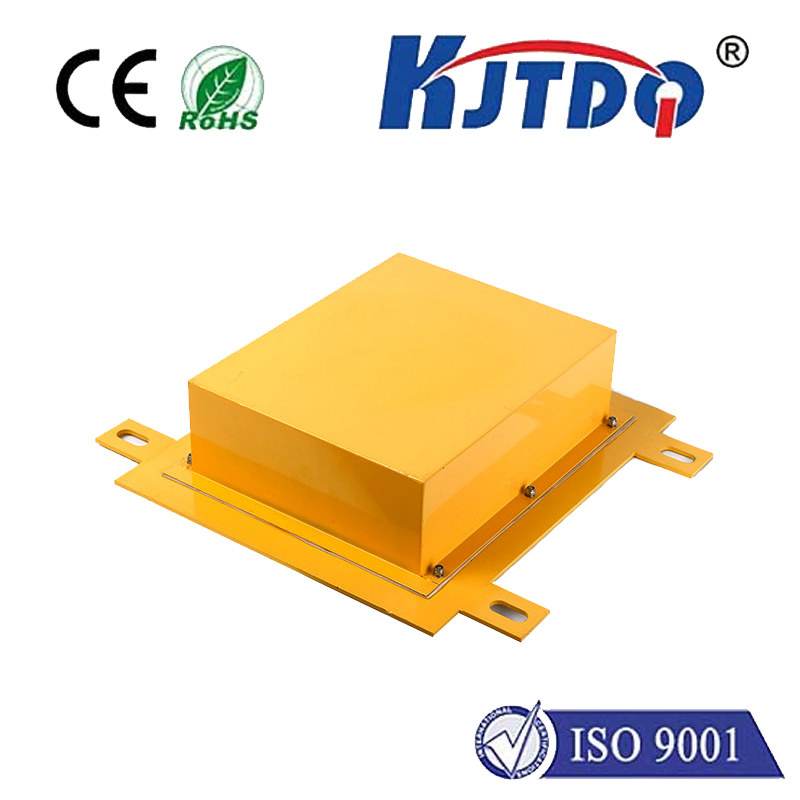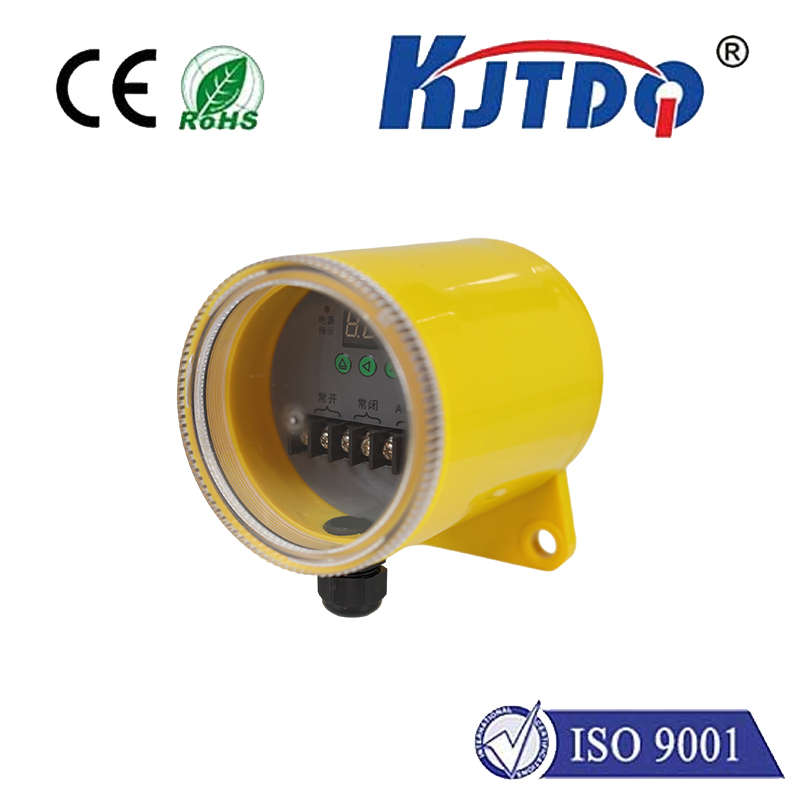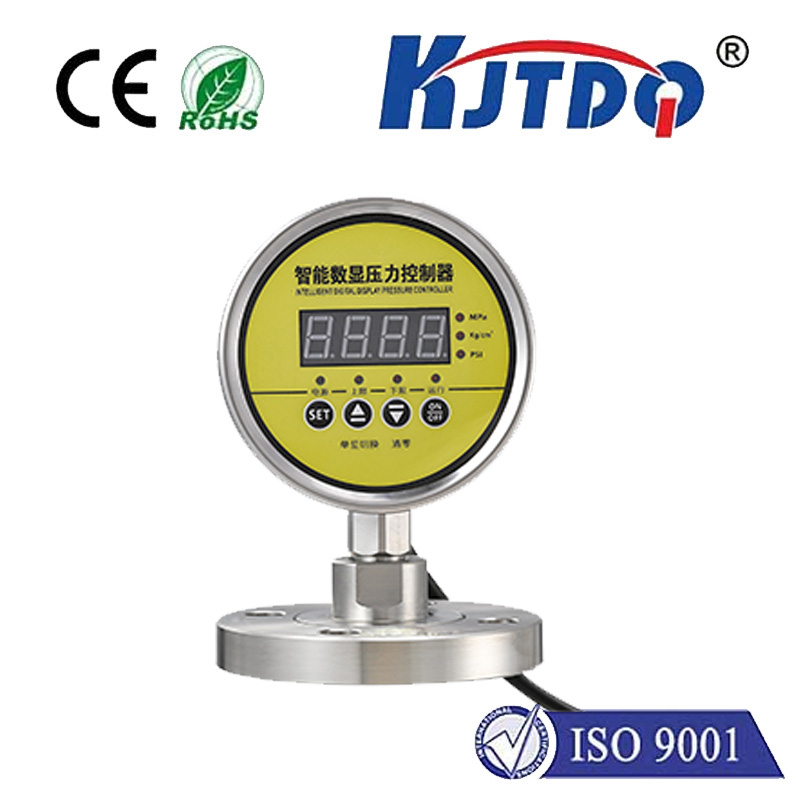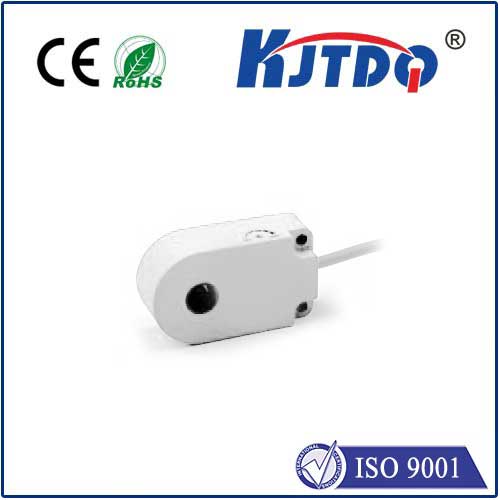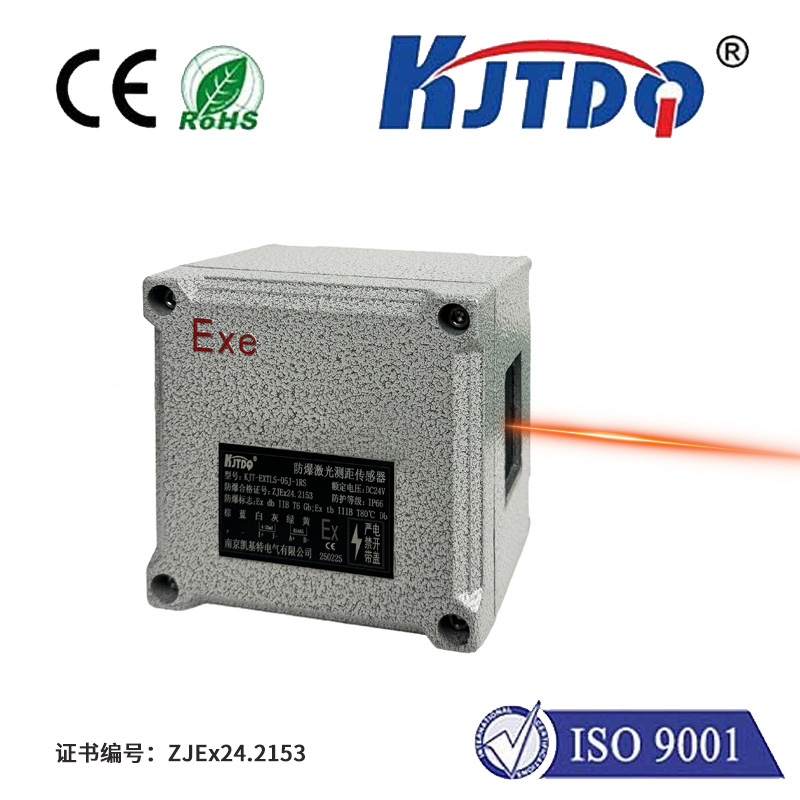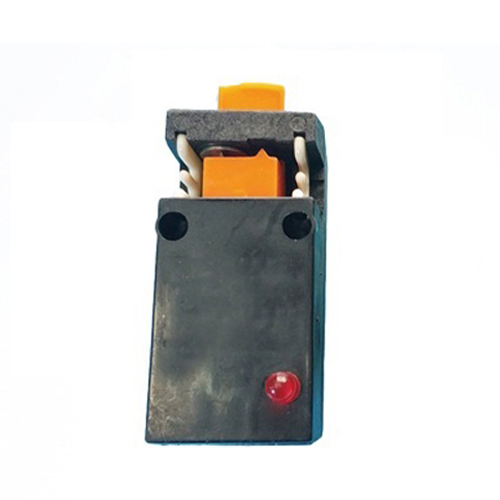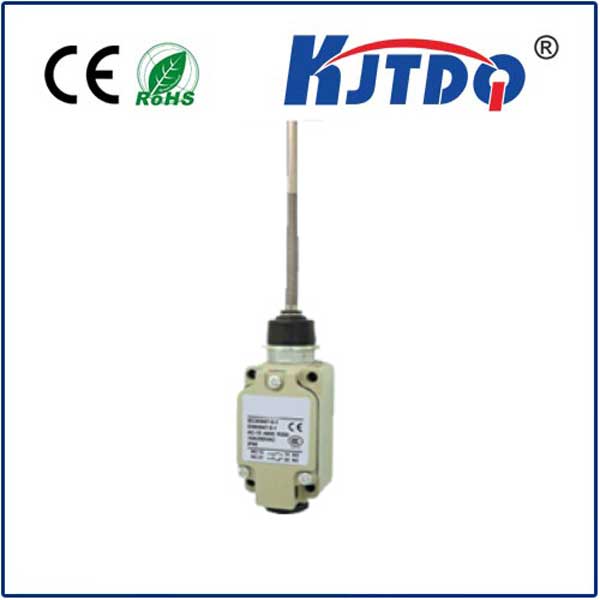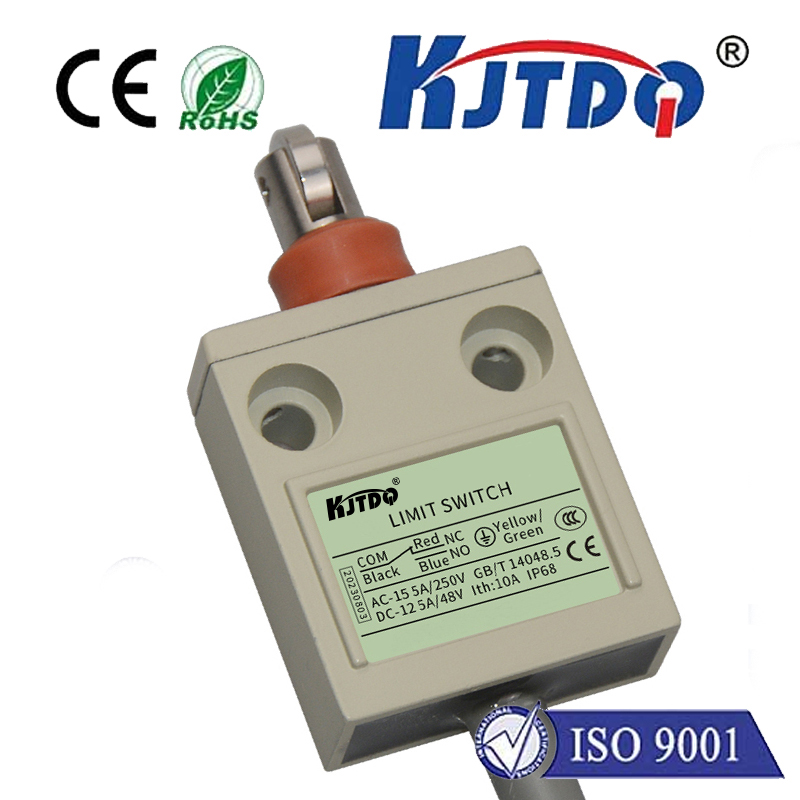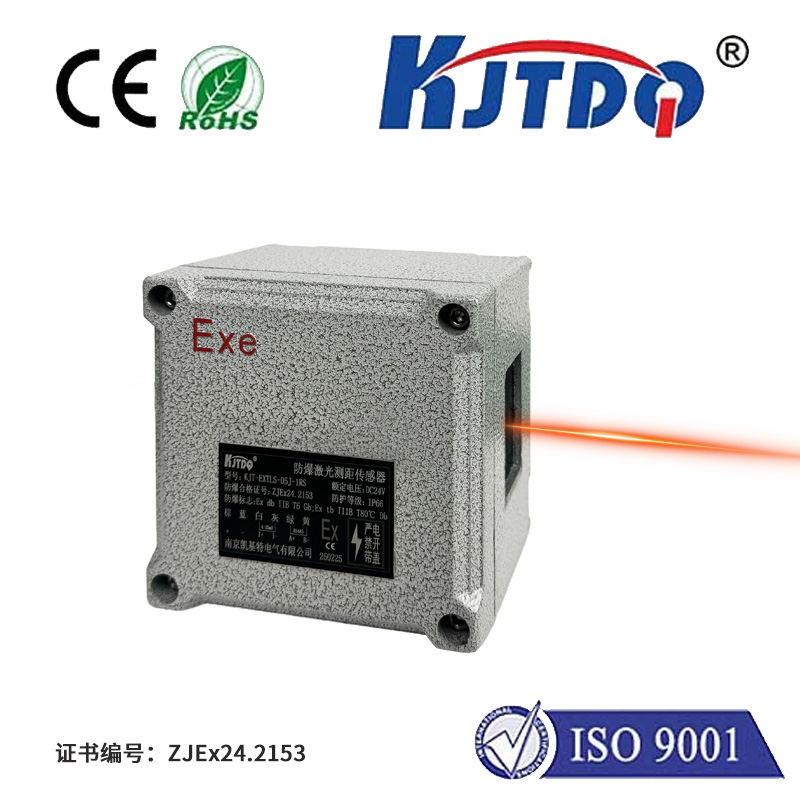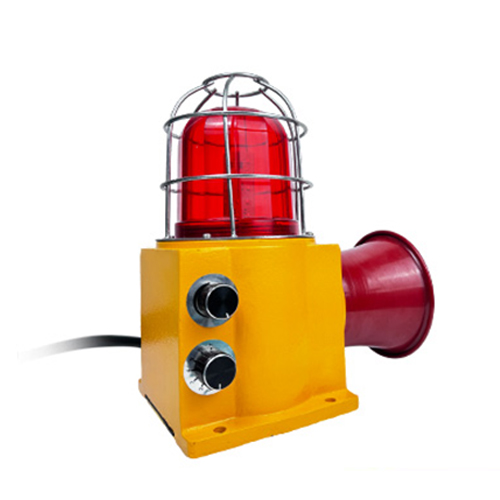

check

check

check

check

check

check

check

check

check

check
Industrial level sensors can be divided into two categories - point level measurement and continuous level measurement
1. Point liquid level measurement: capacitance, photoelectricity, conductivity, vibration, float switch
2. Continuous liquid level measurement: ultrasonic, radar
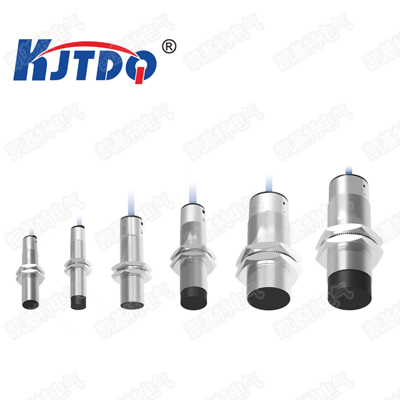
In the field of industrial automation, liquid level sensors are a very common and important device. The purpose of a liquid level sensor is to measure the level of liquid or the volume of liquid in a container. Among them, conductivity liquid level sensor is a common type of liquid level sensor.
Conductivity level sensors use advanced technology to accurately measure the conductivity of liquids. Conductivity refers to the ability of current to pass through a liquid and is related to the solute or ion concentration in the liquid. By measuring a liquid's conductivity, we can infer its composition and concentration. This provides important information for industrial process control and liquid handling.
Conductivity level sensors are commonly used in chemical, biopharmaceutical, food processing and other industries. In the chemical industry, the conductivity of liquids can help detect dissolved substances to ensure product quality and safety. In the field of biomedicine, conductivity level sensors can be used to monitor the ion concentration of culture media to ensure the stability and quality of cell culture. During food processing, conductivity level sensors can detect the presence of impurities to ensure the purity and safety of food.
The output of a conductivity level sensor is usually an electrical signal. The size of this signal is proportional to the conductivity of the liquid. By comparing the electrical signal to a preset standard, we can determine the level of the liquid or the volume of the liquid. This allows the operator to know the condition of the liquid in time so that appropriate measures can be taken.
In short, in the industrial automation process, the conductivity level sensor is an indispensable device. It provides accurate liquid conductivity measurements, providing important information for industrial process control and liquid handling. Whether in the chemical, biomedical or food processing industries, conductivity level sensors play an important role. By keeping abreast of liquid conditions, we can ensure product quality, safety and the stability of the production process.
